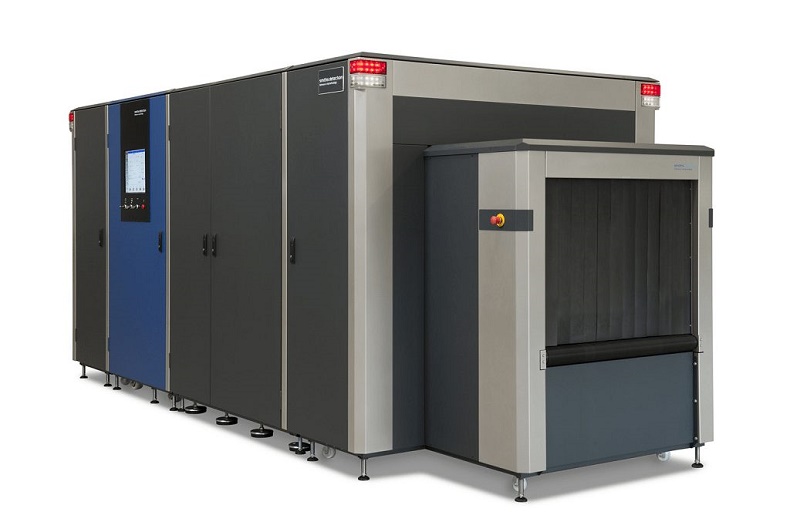Smiths Detection has been selected by Finnish airport operator, Finavia Corporation, to support the transition to Standard 3 at Helsinki Airport with approved hold baggage screening systems. Included in the contract are eight high-speed, HI-SCAN 10080 XCT scanners, which combine high resolution X-ray technology, computed tomography (CT) and advanced detection algorithms to increase both security and operational efficiency significantly.

Security, speed and efficiency are critical to the extensive development programme underway at the airport, which will allow the airport to serve 30 million passengers annually and increase baggage handling capacity by 50%. “Any financial investment in upgrading security equipment has to be balanced against operational improvement, particularly when part of a major expansion. Airports need assurance that efficiencies will be gained and systems can be further updated as necessary to detect evolving explosive threats and handle ever higher volumes,” commented Tony Tielen, Vice President EMEA, Smiths Detection.
Smiths Detection won the competitive tender based on an effective overall package offering the right combination of technology, technical expertise and service support. The ability to replace the systems gradually with minimum risk or disruption was also a key factor.
The HI-SCAN 10080 XCT has achieved ECAC approval as a Standard 3.1 explosives detection system, the highest defined standard in the EU. With a very fast belt speed and large rectangular tunnel, it offers a continuously high throughput of up to 1,800 bags per hour. Extremely sharp, full colour, high resolution images, as well as a low false alarm rate also support the greater levels of efficiency required by the new regulations.
Three HI-SCAN 100100V-2is systems for screening over-sized baggage are included in the order along with 12 workstations and a MatrixServer with redundancy back-up. In addition, several existing HI-SCAN 100100V-2is scanners will be upgraded. Installation will begin in September 2018 running through to December 2019.











